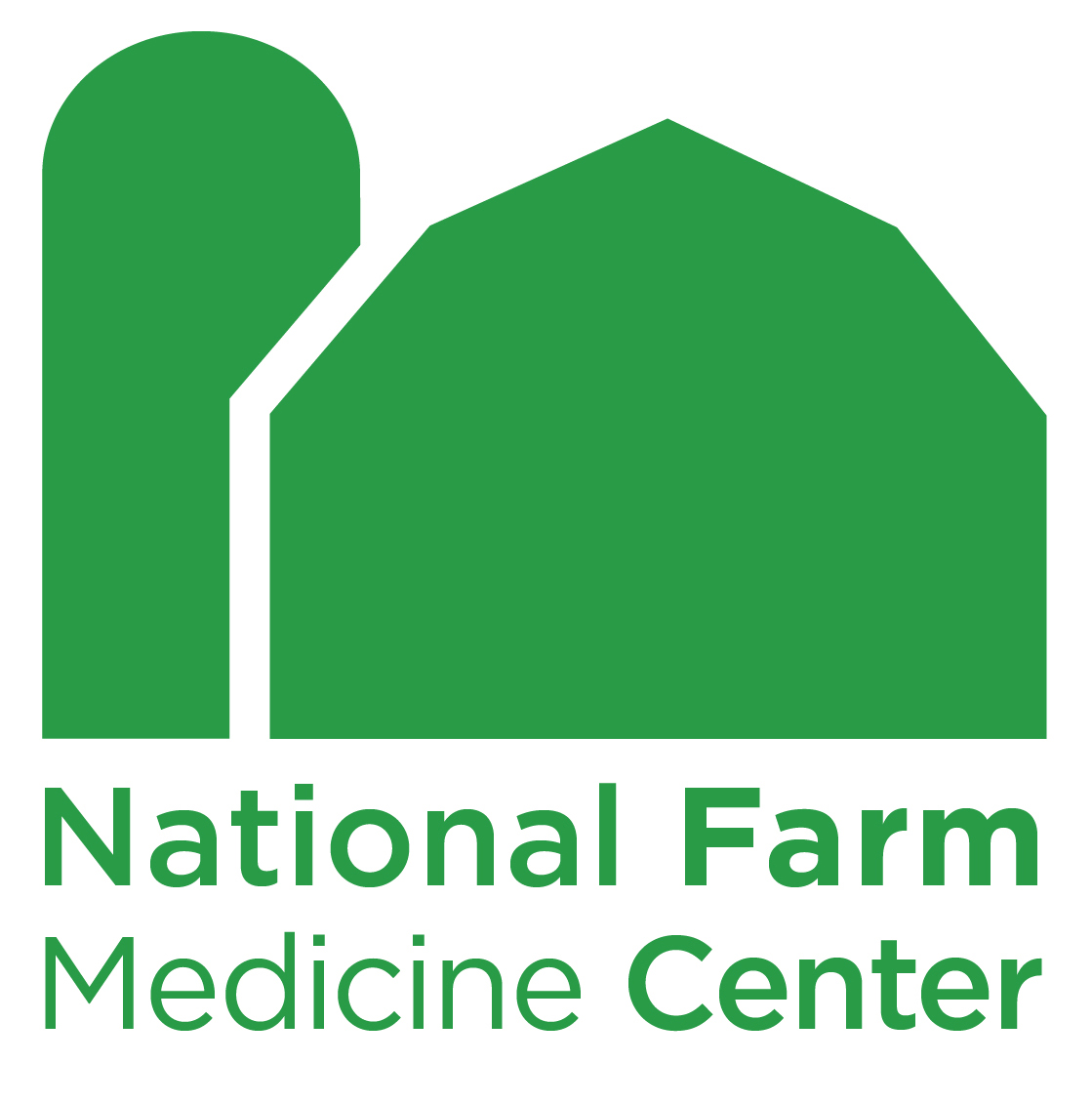 DATE: June 7, 2023
DATE: June 7, 2023
CONTACT:
Scott Heiberger, heiberger.scott@marshfieldresearch.org
Jeff Starck, starck.jeffrey@marshfieldclinic.org
Marshfield Clinic Health System now including occupation in patient health record
Patient occupation data will also be used for research in rural communities
MARSHFIELD, WI – 90,000 hours. That is how much most Americans will spend at work over their lifetime. What people do for work matters for many reasons. Work is a means of income, a source for benefits and, hopefully, is something that gives a person a sense of fulfillment and accomplishment.
In order to better diagnose and treat patients, staff and physicians at the Marshfield Clinic Health System are now asking patients about the industries and jobs in which they work.
Work impacts lives and families in profound ways, especially when it comes to health. Occupational illnesses, injuries, and exposures are not always simple one-time slips on a wet floor. More often, these injuries and illnesses develop over longer periods of time and compound, increasing the possible negative impact on a person’s health. The annual cost of time lost to work-related injury and illness in the U.S. was $167 billion in 2021, according to the National Safety Council.
Dr. Corey Cronrath, an occupational medicine physician and medical director of Marshfield Clinic Health System’s Occupational Health service line, believes understanding a patient’s occupation is crucial for enhancing their health care.
“With the average person spending approximately half their waking hours at work, it becomes evident that the unique tasks and exposures they encounter significantly impact their overall health,” Cronrath said. “By gaining insights into the day-to-day experiences of our patients, we can identify key factors that influence their well-being and enable our researchers to uncover correlations between working populations and biological data. This valuable information will pave the way for improved healthcare interventions and better outcomes for individuals in the various workforces we serve at Marshfield Clinic Health System.”
The questions will be a regular occurrence for patients 16 years and older and optional for those between the ages of 12 and 15.
Many people likely already share with their care providers what they do for a living during a normal annual visit. That information is often recorded in typed notes called social histories. Given the advancement in information technologies, the Health System has designed a menu that lists various industries where patients might be employed, creating much more reliable and organized data. These industries include:
- Accommodation and Food Services
- Administrative and Support
- Agriculture, Forestry, Fishing, Hunting
- Arts, Entertainment, and Recreation
- Construction
- Educational Services
- Finance and Insurance
- Health Care and Social Assistance
- Information
- Management of Companies & Enterprises
- Manufacturing
- Mining, Quarrying, Oil, Gas Extraction
- None (youth, unemployed, or retired)
- Other Services (except Public Admin)
- Patient Unavailable
- Professional, Scientific, Technical Services
- Public Administration
- Real Estate and Rental and Leasing
- Retail Trade
- Transportation and Warehousing
- Utilities
- Waste Management and Remediation
- Wholesale Trade
This improvement to the patients’ medical records will better inform health care providers about what may be impacting patients’ health. This is critical for a state like Wisconsin where a number of the riskiest occupations are well-represented, including construction, transportation, and agriculture (both farming and forestry). It gives more depth for diagnostics and can better inform treatment plans. Information about patients’ occupation and industry will not affect their health insurance costs or coverage. Patients may choose to decline and are not asked to name their employer.
During the piloting of this new feature in the patient record over the last few months, over 4,000 patients have voluntarily shared the industry in which they work with their healthcare teams.
These data regarding patients’ work also places health researchers at a new cutting edge of possibilities, especially for those industries with high rates of disease, injury and fatality.
“This innovation gives our research team at a tremendous advantage and will change the game of agricultural health and safety,” said Dr. Casper Bendixsen, director of the National Farm Medicine Center at Marshfield Clinic Research Institute. “We will be one of the few health systems in the country equipped to examine health data in light of someone’s work. In agricultural communities, this will impact how and to whom we deliver valuable safety and wellness knowledge, but also shed light on health trends, such as the types and rates of cancers, respiratory diseases, and Parkinson’s disease in the farming population.”
###
Marshfield Clinic Health System is an integrated health system whose mission is to enrich lives through accessible, affordable compassionate health care. The Health System serves Wisconsin and Michigan’s Upper Peninsula with more than 1,600 providers comprising 170 specialties, health plan, and research and education programs. Primary operations include more than 60 Marshfield Clinic locations, 11 hospitals, Marshfield Children’s Hospital, Marshfield Clinic Research Institute, Security Health Plan and Marshfield Clinic Health System Foundation. Learn more at marshfieldclinic.org.
The National Farm Medicine Center, part of Marshfield Clinic Research Institute since 1981, is dedicated to improving the human health, well-being and safety of rural and agricultural communities by conducting high-quality research, developing and delivering health and safety information, exploring innovative intervention models, and leading initiatives and networks.
Images caption: Our work environment can have short- and long-term impacts on our health. In order to better diagnose and treat patients, staff and physicians at the Marshfield Clinic Health System are now asking patients about the industries and jobs in which they work. (Photo by Earl Dotter for National Farm Medicine Center)


